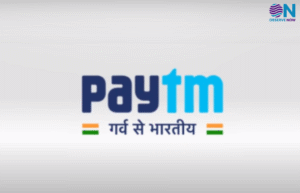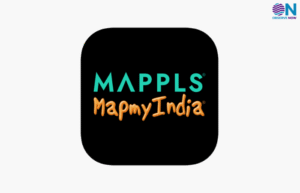India’s IT Sector Shifts Hiring Focus from Fresher Volume to Specialized Talent

India’s top IT services firms have dramatically reshaped their recruitment strategies, scaling back mass fresher intake in favor of targeted hiring for candidates with advanced skills in AI, cloud, cybersecurity, and digital engineering. This shift reflects broader structural changes driven by automation, changing client demands, and a pressing need for domain expertise.
In the first quarter of FY26, major players including TCS, Infosys, Wipro, HCLTech, and Tech Mahindra added just 4,787 net employees, a stark contrast to the more than 53,000 net additions in the same quarter of FY21. TCS, the sole recruiter among them, added 6,071 net positions, while others saw minimal growth or even headcount reductions.
HCLTech has been among the earliest to hedge its fresher strategy. It now plans to make 15% of its fresher batch hires into a specialised “elite cadre”, paying these recruits up to 3–4 times standard fresher compensation to attract niche skillsets in AI and related technologies. HCL reports that only 15–20% of campus graduates currently meet its AI-readiness criteria.
Meanwhile, survey data shows that the demand for mid-level roles is outpacing fresher roles. Between middle-tier positions requiring 4–10 years of experience and entry-level posts, growth was 4% vs. 3% year-on-year, respectively, signaling corporate preference for seasoned professionals who can contribute with minimal ramp-up.
Global Capability Centres, servicing Fortune-level multinationals, are emerging as major talent engines. Analyst firms report they are prioritizing lateral hires with domain expertise, especially in arenas like AI, automation, and full-stack engineering. Hiring via GCCs is expected to outstrip big IT firms in net growth through 2025.
Despite reduced fresher volume, the fresher hiring expected in FY25 is still projected to grow 20–25%, largely due to demand for highly skilled entrants. GCCs are seen boosting campus recruitment even more aggressively, with increases nearing 40%. Industry experts underline the strategic motives behind this transition: AI and automation have rendered many Level‑1 and Level‑2 operational tasks redundant, compressing demand for traditional entry-level roles. But they reinforce the need for humans with creativity, critical thinking, and adaptability, traits AI can’t replicate.
Infosys remains a notable counterpoint. Despite the headcount slowdown, the company plans to onboard 20,000 fresh graduates in FY25, doubling down on strategic investments in AI reskilling for over 275,000 current staff. This indicates that fresher hiring hasn’t disappeared, it has simply been repositioned around future-ready skills.
The broader landscape reveals significant structural changes, as large IT services firms tighten recruitment, smaller firms and GCCs continue to grow headcount in mid- and senior-level roles. TeamLease estimates India’s tech workforce will swell from 5.5 million to as much as 6.5 million by FY27, even as hiring for general roles drops by 8–10%.
In summary, the IT sector’s shift away from numbers-driven fresher intake toward finely tuned, skill-first hiring reflects a digital-first reality. As automation reshapes business workflows, firms prioritize professionals who offer specialized capabilities from day one, anchoring future growth in strategic domains rather than headcount scale.
















